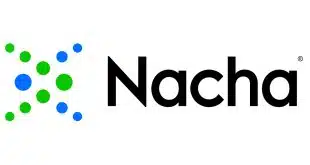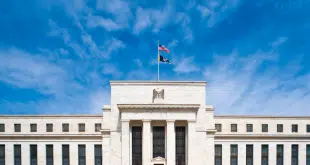Most Americans will be glad to see the last of 2020 as they ring in 2021 in a few weeks, and that group will include private investors. In a year in which the coronavirus ran rampant, damaging many businesses and shuttering others, tech investors pegged significantly fewer privately held payments firms and related companies with the coveted $1-billion-plus valuation.
Some 15 fintechs have joined this club so far in 2020, according to the latest statistics from CBInsights, a New York City-based research firm. With only about four weeks remaining, it’s unlikely this year’s roster of newly minted fintech unicorns—startups that have vaulted that $1-billion valuation—will come anywhere close to the record 25 that joined the list last year.
Among the 2020 arrivals on the list is Tipalti Inc., a 10-year-old payments company whose $150-million Series E round in October valued the company at $2 billion. Other payments firms joining the list this year include Flywire Payments Corp. (founded in 2011) and HighRadius Corp. (2006), valued early this year at $1 billion each.

The slowing momentum this year means the count of newly arrived fintech unicorns barely exceeds the roster of 13 that joined the club in 2018. After a mere five in 2015 and none in 2016, the pace began to pick up significantly in 2017, which saw some 10 fintechs join the list.
A catalyst for valuations last year was a string of megamergers in transaction processing. Global Payments Inc. swallowed the big processor Total System Services Inc. at a $21.5-billion price tag. Earlier, Fiserv Inc. acquired First Data Corp. for $22 billion, and Fidelity National Information Services Inc. shelled out $43 billion to buy Worldpay Inc. Apart from Worldline’s $8.6-billion bid for Ingenico, this caliber of action has been missing this year.
All told, there are now 70 fintech unicorns, according to CBInsights, which has tracked the billion-dollar club since 2011, with some 37 of these based in the United States. The biggest of these by far is Stripe Inc., a payments giant whose $36-billion valuation triggers off-and-on speculation about the possibilities for a public offering.
The total list of unicorns, embracing all categories, now numbers some 500 firms globally.







